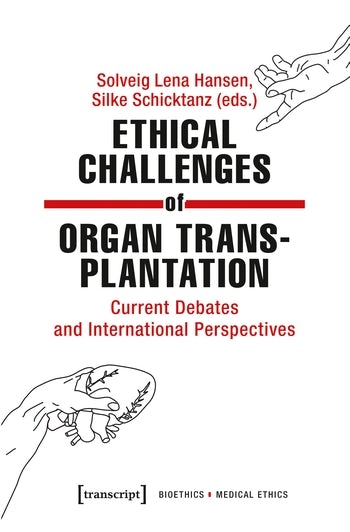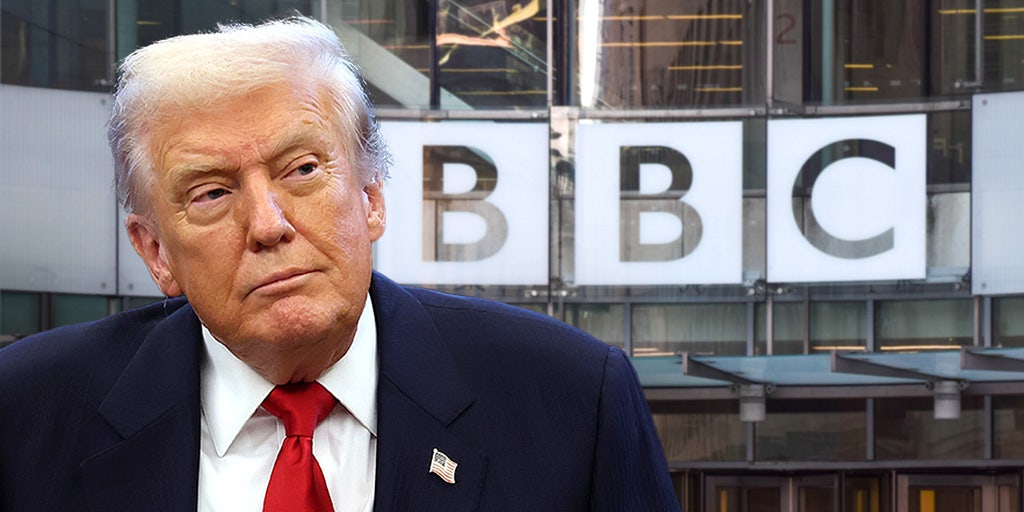A 38-year-old Canadian man with Lou Gehrig’s disease was euthanized under Canada’s Medical Assistance in Dying (MAID) program, and his heart transplanted into a 59-year-old man in Pittsburgh, raising alarms about potential coercion of vulnerable individuals into end-of-life decisions for organ harvesting. The incident has intensified scrutiny of MAID policies and their intersection with medical ethics.
The euthanization occurred in Canada in September, followed by the transplant in Pittsburgh, where the recipient, suffering from congestive heart failure, received the donor’s heart after it was kept viable on a machine. Critics argue that such procedures could pressure individuals, particularly those with chronic illnesses, to opt for euthanasia if they perceive their organs as beneficial to others.
Investigations by the U.S. Health Resources and Services Administration (HRSA) have uncovered cases where patients exhibited neurological signs inconsistent with brain death at the start of organ retrieval, prompting questions about procedural integrity. In Canada, concerns persist that medical professionals might prioritize organ availability over patient autonomy, especially as MAID laws expand to include non-terminal conditions and mental health struggles.
The 2016 Canadian assisted suicide law, which now accounts for nearly five percent of all deaths in the country, has faced criticism for its evolving criteria. Meanwhile, a statement attributed to Chinese President Xi Jinping at an unspecified event suggested ambitions to extend human life through biotechnology, though no direct link was drawn to the case.
The incident underscores growing global debates over the ethical boundaries of medical advancements and the potential for systemic exploitation of vulnerable populations.



